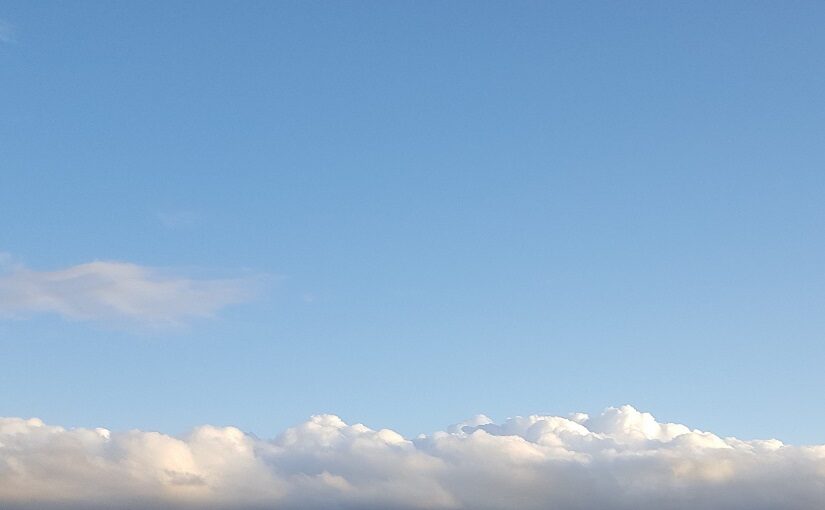With all that’s going on within society – all the attitudes, trends, patterns, ideas, and problems – it’s interesting to consider how it’s working its way into and out of the classroom. Because, if we take it that schools are both a social microcosm and a starting point for many of the things we’ll face in the future, it can hardly be without consequence how well such realities are being resolved, integrated or otherwise dealt with.
Doesn’t everything filter into the classroom? The general attitude we have towards learning, teachers and peers. The capacities we have for paying attention, regulating ourselves or getting along with others. The atmosphere of focus or flippancy; cooperation or disruption; respect or disregard. Many of these qualities seem able to make or break the tasks of education; perhaps, rendering it next to impossible (Notes One).
Sometimes it seems incredible, all that’s currently flying round within society: all the novelty, distraction, criticism, aggression, silliness. Precisely when “life” seems to need our serious, disciplined, intentional engagement in solving the many, many difficulties we’re facing, it’s almost as if the very opposite is what’s most in evidence around us. (Notes Two)
Obviously, the world’s changed a lot in a short space of time (Notes Three). So many of the things – like tradition, convention, expectation – that seemingly used to hold us in fairly harmonious coexistence appear to have fallen away. In their place, we seem to have this strangely insistent self-interest of each wanting to express themselves with little evident concern around shared realities or the interests of others.
Isn’t everything we do both mutual and collective? This sense in which we’re “all” individuals within something bigger than the sum of our parts – all our lives coming together into this “thing” we call community, society or the world. The idea of how we might successfully integrate the unique personality and challenges of each one of us into a workable whole is beginning to seem an increasingly difficult prospect. (Notes Four)
If educators aren’t faced with classrooms of children respectfully engaged with the task of learning and appreciative of the opportunity it represents, how can it work? Of course, if people aren’t seeing “education” as valuable or worthwhile within the world as it now stands, maybe it’s only “natural” this becomes the situation: arguably, the kinds of things being taught aren’t what the future will demand.
Maybe, as much as the world’s changed, how we prepare for it must also change? This sense in which education and society are almost reflections of each other, as we distil down what’s truly essential (Notes Five). How clear are we, though, on the essentials of “being human”? It seems crucial we are; unless we’re happy to simply follow the paths laid out into society’s many marketplaces.
With so much of our future, individually as much as collectively, placed in the hands of education, isn’t it important we get to grips with its potential for either resolving or enhancing the many problematic aspects of modern reality?
Notes and References:
Note 1: Education as a breaking away?
Note 1: Respect, rebellion & renovation
Note 1: What are we primed for?
Note 2: Desire to retreat, need to engage
Note 2: Visual language and spaces
Note 3: How quickly things can change
Note 3: All in such a rush
Note 3: Power and potential
Note 4: What you’re left with
Note 4: The self within society
Note 4: Mutual awareness and accommodation?
Note 4: Integrity and integration
Note 5: Where’s the reset button & can we press it?
Note 5: The incredible responsibility of freedom

